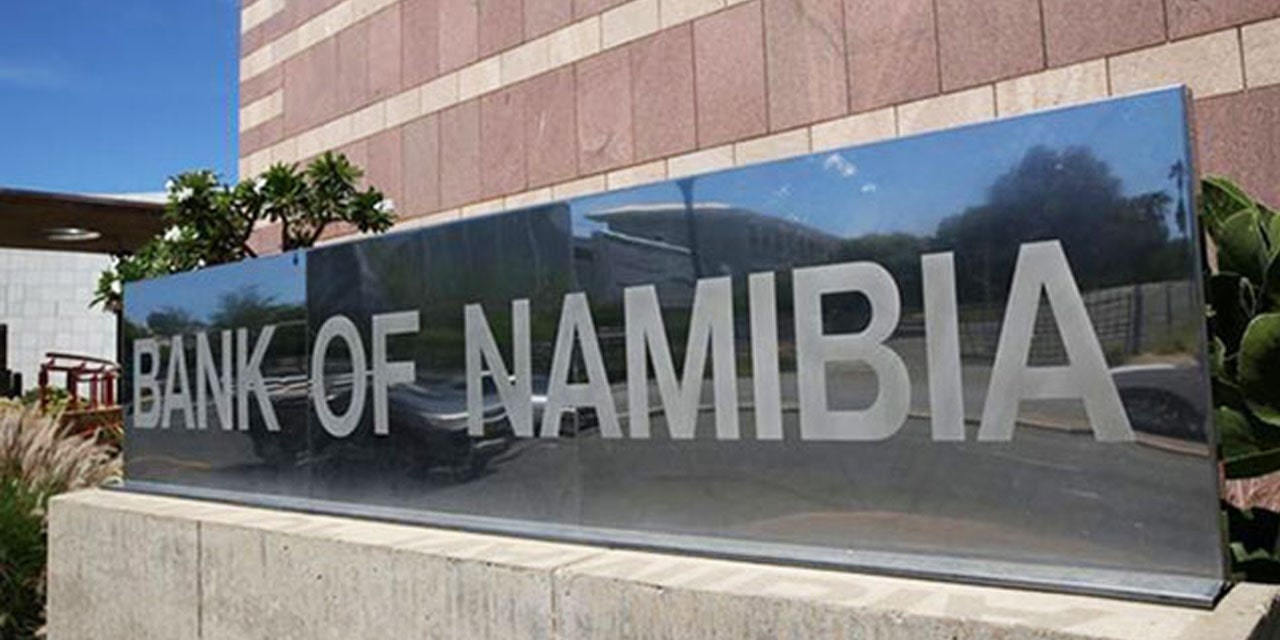Tujoromajo Kasuto
NEDBANK Namibia’s Executive for Retail and Business Banking, Richard Meeks, says the Bank of Namibia (BON) has recently given a glimmer of hope that during the second quarter of 2021, activities in the domestic economy have improved, driven by better performance in the tertiary industries.
He further notes that the performance reflected in retail for clothing, furniture and vehicles sales that declined due to weak demand, given reduced disposable income that was further compounded by covid-19 measure put in place to curb the spread of the virus. However, he says improvements in the tertiary industries where observed in sectors such as whole sale, retail and trade, information and communication and transport. Meeks reveals that the real turnover in the retail and wholesale trade increased following the relaxation of Covid-19 related lockdown measures, instituted during the second quarter of 2020.
The tourism sector although remained weak, regained some of the ground lost in 2020 owing to developments in tourist arrivals and vaccines role out globally.
The “positive” from the pandemic, he mentions is that the country has seen developments in the local tourism industry.
Last month the Namibian Tourism Board (NTB) launched the domestic tourism campaign in Swakopmund with the objective for locals to visit various attractions, running until next March. Thus locals must take the opportunity to see the beautiful country.
Meeks maintains that businesses must be innovative and come up with new ways of doing business for key sectors of the economy such as manufacturing diamond mining, agriculture, forestry, fishing and beverage production, which have all contracted during this period.
“The new normal is here and the way things were done before Covid-19 is not coming back in many ways, and the world is becoming digitalised. Thus, we must adapt to the new reality as refusal to adapt we will be left behind and may risk businesses foreclosure,” he advises.
The 2020 national accounts revealed that the financial insurance sector recorded a decline in real value ad of 12.6 percent compared to strong growth of 12.5 percent registered in 2019 adding that the poor performance is due insurance sector activities that contracted by 20.2 percent in 2020, in contrast with strong growth of 23.8 percent recorded in 2019.
In addition, the demand for long term insurance reduced as a cancellation of polices increased due to reduced disposable income.
Short term insurance also declined during the period as retrenchments and business closures experienced in 2020 negatively affected on the contribution of medical aid funds.
Meeks notes that financial services activities dropped by 4.3 percent in real value added in 2020, compared to a growth of 2.5 percent registered in 2019, and reduction in demand for loan and household deposits contributed to the decline.
Performance in the financial services sector contracted, exacerbated by declines in investment incomes brought by the Covid-19 economic crisis. Meeks explains that the banking sector’s performance deteriorated because of the pandemic but remained stable whilst profitability is the lowest in recent years as the Bank of Namibia (BON) annual report has shown.
He recalls the Central Bank’s introduction of various macro prudential policies of relief measures for the banking sector, including loan payment moratoriums, release of the capital conservation buffer and the realisation of the determination of liquidity risk management, as well as postponement of the effective date for the single borrower limit.
“This are tough times, including those in the banking sector believe it or not , as we are set to make huge profits all the time, the whole sale and retail sector estimated to have recorded a decline of 11.6 percent in real value during 2020 to a decline of 7.9 percent registered in the preceding year,” he points out.




